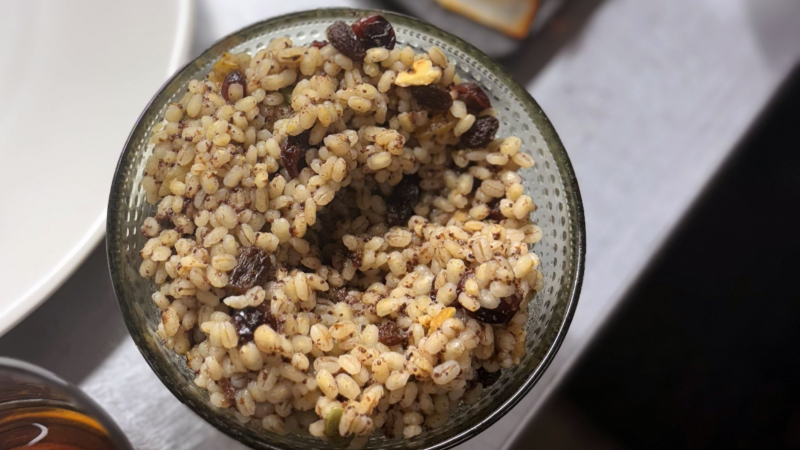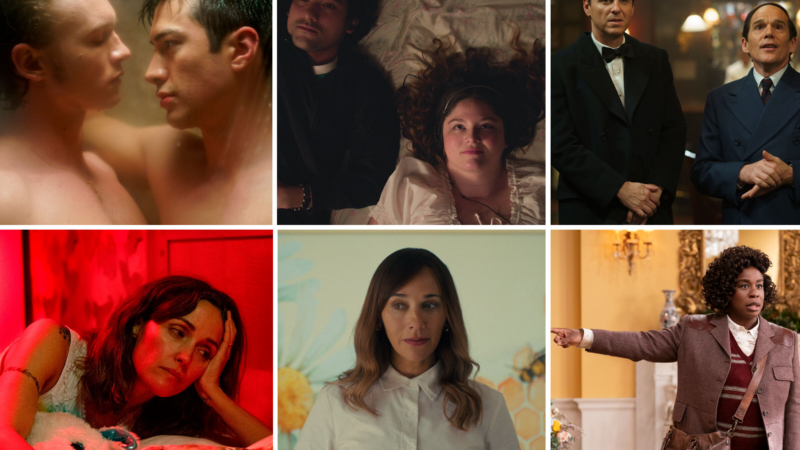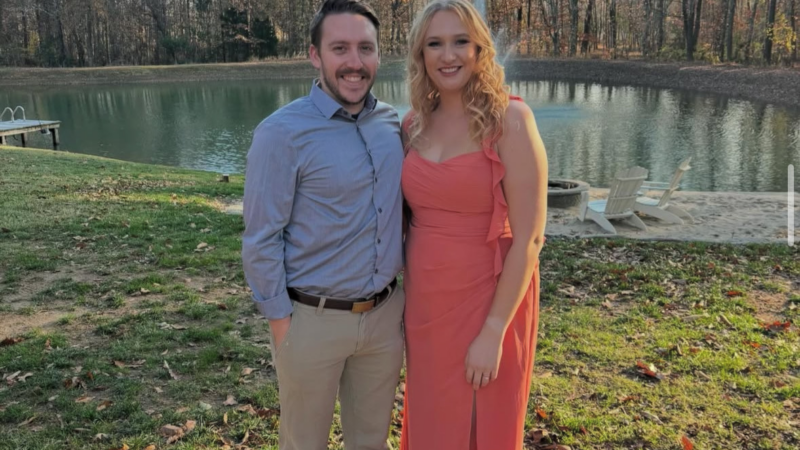Sean ‘Diddy’ Combs’ fame posed challenges during jury selection
Judge Arun Subramanian finished questioning nearly 100 potential jurors for the Sean “Diddy” Combs sex trafficking trial on Wednesday. For three days, the judge asked the jury pool about their personal experiences with topics like sexual assault and domestic violence, their knowledge of the allegations against Combs and their ability to remain impartial in light of Combs’ presumed innocence — which some jurors struggled with, given the case’s high profile.
Selection began Monday in the federal District Court for the Southern District of New York. Combs, who has been in custody since his arrest last September, faces charges of sex trafficking, transporting to engage in prostitution and racketeering conspiracy; he has pleaded not guilty.
The rapper, producer and businessman appeared in court for all three days of jury questioning, often embracing his attorneys as he entered the courtroom. When one of his lawyers requested a brief bathroom break during the first morning of jury selection and the judge resisted, Combs spoke up. “I’m a little nervous today, your honor,” he explained.
Combs, whose hair has grayed significantly during his time at a Brooklyn jail, sported a dark sweater over a collared white shirt for the proceedings. He looked on as potential jurors swore under oath and answered questions.
The jury pool had received questionnaires ahead of this week’s proceedings, which included things like whether they would be able to discuss matters of a sexual nature with other jurors, whether they or anyone close to them has undergone sexual harassment training and whether they’ve already developed any biases toward Combs or his alleged victims. In court, the judge asked a number of follow-up questions — especially related to jurors’ knowledge of the allegations against Combs.
Many jurors brought up both the criminal charges and the several dozen civil lawsuits against Combs. “It’s all over social media,” one potential juror told the judge. Again and again, jurors raised the same example: the surveillance video released by CNN last year that shows Combs violently kicking, hitting and dragging his ex-girlfriend, the singer Cassie Ventura, in a Los Angeles hotel hallway in 2016. One juror said the video could be considered “damning evidence,” while another called it “shocking” and “scary.” After yet another juror who mentioned the video exited the courtroom, Combs’ lead defense attorney, Marc Agnifilo, expressed his frustration over the video’s impact on the jury selection process.
Many jurors who had knowledge of the surveillance footage said they would still be able to remain impartial and would only be informed by the evidence presented in court. (Combs’ criminal indictment includes a description of the hotel incident. His defense attorneys tried and failed to get the video thrown out as evidence. Prosecutors plan to introduce a version of the video during the trial.) Other jurors were dismissed for admitting they might lean in favor of the alleged victims, sometimes because of their own experiences with sexual assault. Some jurors said they felt biased against wealthy celebrities, like Mr. Combs, who may believe they’re above following the law. Others were dismissed for standard reasons like medical exemptions, lack of English language proficiency and scheduling conflicts.
Jurors were also shown a list of people and places that are relevant to the case, though the capacity of their involvement is still unknown. Some of the names on the list included high-profile celebrities like Michael B. Jordan, Mike Myers, Lauren London, Michelle Williams of Destiny’s Child, Yung Miami and Kid Cudi.
By Wednesday afternoon, 45 jurors had been selected to move forward. On Friday, the prosecution and the defense will narrow that number down to the 12 who will serve on the trial, plus six alternates. Before adjourning the courtroom, Judge Subramanian reminded jurors that they should refrain from reading or listening to any information related to the case outside of the courtroom and that they cannot discuss the trial with anyone. Opening statements will begin on Monday, May 12. The trial is expected to last eight weeks.
Out with the mayo: How Ukrainians reclaim holiday food
For many people from former Soviet countries, New Year's is a big holiday feast time. A Ukrainian restaurant in Washington gives NPR a taste of what's on the menu.
His brother’s mental illness isolated his family. Now he’s helping other caregivers
When it comes to serious mental illness, family caregivers are crucial partners. But often, they must fend for themselves. A new solution offers them support.
Farmers are about to pay a lot more for health insurance
Tariffs, inflation, and other federal policies have battered U.S. farmers' bottom lines. Now many farmers say the expiration of federal health care subsidies will make their coverage unaffordable.
50 wonderful things from 2025
Each year, critic Linda Holmes looks back on the year and compiles a list of the things that brought her joy.
Why do we make New Year’s resolutions? A brief history of a long tradition
One of the earliest mentions of New Year's resolutions appeared in a Boston newspaper in 1813. But the practice itself can be traced back to the Babylonians.
A little boy gave her hope for her foster daughter’s future
At a neighborhood park, a young boy noticed Natalie's young foster daughter using a walker. His reaction left Natalie with an unexpected feeling of hope for the future.








